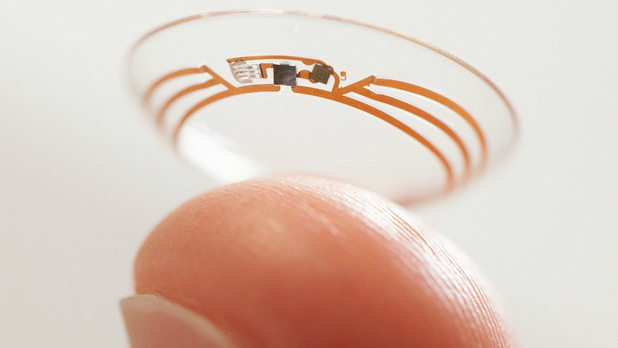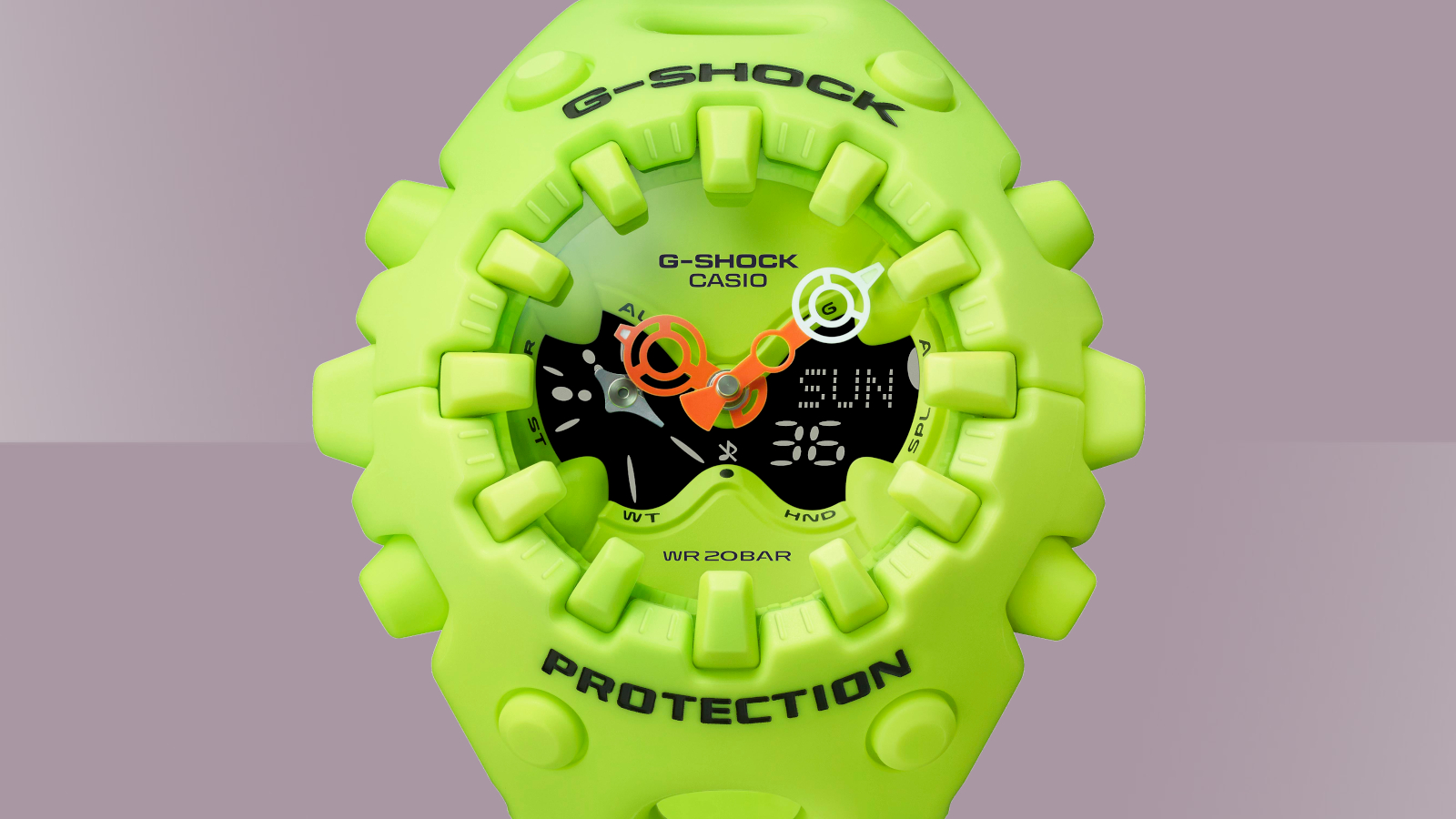

Google's smart contact lens – which is designed to measure glucose levels in people with diabetes – could be here sooner than we expected. While it aimed for a 2019 release, a new patent application for packaging designs suggests that the tech giant might show it off much sooner.
Despite Google Glass not going to plan, it appears the internet giant is preparing to bring another type of wearable tech to market, this time it's a glucose-measuring smart contact lens.
We first heard of Google's smart contact lens in 2014, when it was announced by the Google X research lab. The device is aimed at diabetics, and uses miniaturised electronics like chips, sensors, and a hair-thin antenna to test their tears for glucose. The technology saves diabetics from having to draw blood to get a blood-sugar reading, making the whole thing quick and easy.
At the time, Google said it hoped to launch the smart contact lens in five years, but just over a year later and a patent applicationhas surfaced with various packaging designs for the device. This would suggest that the project is way further along than we thought, and much closer to going on sale.
Google has also apparently been in talks with the US Food and Drug Administration about possibly testing the lens. It's also already been awarded 44 patents, and is waiting on a further 53 involving the project.
While it could still be a while off, the evidence here suggests otherwise. Maybe this is one Google X project that will see the light of day – and possibly sooner than we thought.
Meanwhile, the Google X division is also developing a health-tracking wearablethat allows medical professionals to measure a patient's pulse, heart rhythm, and skin temperature.
Sign up to the T3 newsletter for smarter living straight to your inbox
Get all the latest news, reviews, deals and buying guides on gorgeous tech, home and active products from the T3 experts
Nathan George is a freelance journalist who has contributed to T3.com in the fields of gaming, social media, streaming services, autonomous vehicles, phones, virtual reality headsets, wireless speakers and future tech. He studied journalism at the University of the West of England and is a holder of the Bronze and Silver The Duke of Edinburgh Award.

